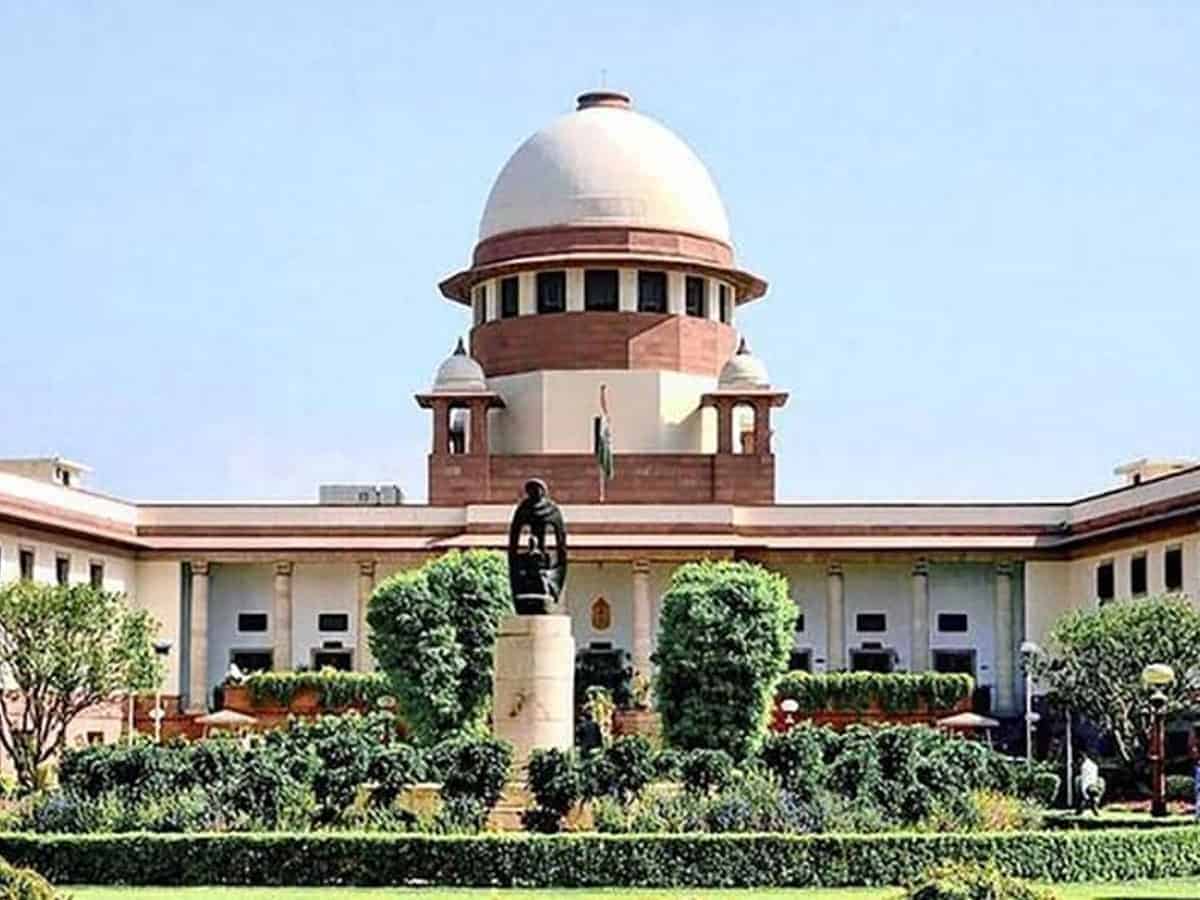New Delhi: “We are of the view that some screening of OTT content should take place”, observed the Supreme Court on Thursday while hearing a plea filed by Amazon Prime’s Commercial Head, Aparna Purohit, challenging the Allahabad High Court Judgment denying pre-arrest bail to her in the criminal cases registered in connection with the web series “Tandav”.
“In fact, some platforms even show pornography”, the bench remarked.
A Bench of Justice Ashok Bhushan was presiding over the matter and directed Solicitor-General Tushar Mehta to circulate the new Information Technology Rules, 2021, which were notified last week.
In today’s hearing, Senior Advocate Mukul Rohatgi, appearing for Purohit, submitted before the Court that it was a shocking case wherein the Petitioner was an employee of Amazon and had been made an accused, along with the Producer and the actor. However, the Company was not an accused.
The Bench then posed a query stating, “Traditional film viewing has become obsolete. People watching cinema on internet has become common. Our query is that these should be screened?”To this, Senior Advocate Sidharth Luthra informed the Bench that new Rules had been notified by the Centre which called for regulating the content on OTT platforms, and that a Board would be constituted for the same.
‘Tandav’ hurt religious sentiments, Allahabad HC
The Allahabad High Court had on 25th February denied Pre-arrest bail to Commercial Head of Amazon Prime Video, Aparna Purohit, in the ongoing investigation against the web series ‘Tandav’.
At the outset, referring to allegedly objectionable scene of the Series, wherein Devakinandan (Lord Krishna) is talking to another character Kailash (Lord Shiva), the Court remarked,
“These characters are part of the religious faith of majority community of India and their use by filmmakers in an offensive way is bound to hurt the sentiments of the majority community of the country.”
The Court has even remarked that the alluding to Lord Rama gaining popularity on social media is a clear pointer to the dispute regarding the construction of Lord Ram’s temple.
Courtesy: LiveLaw

